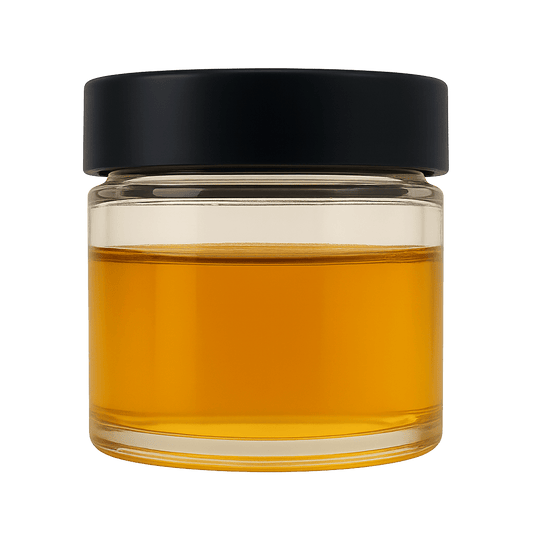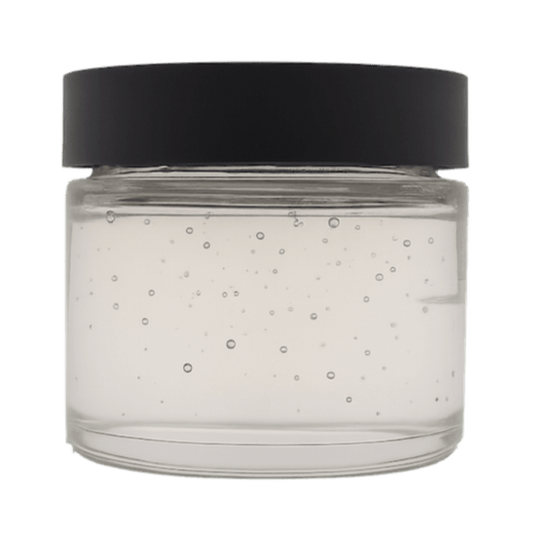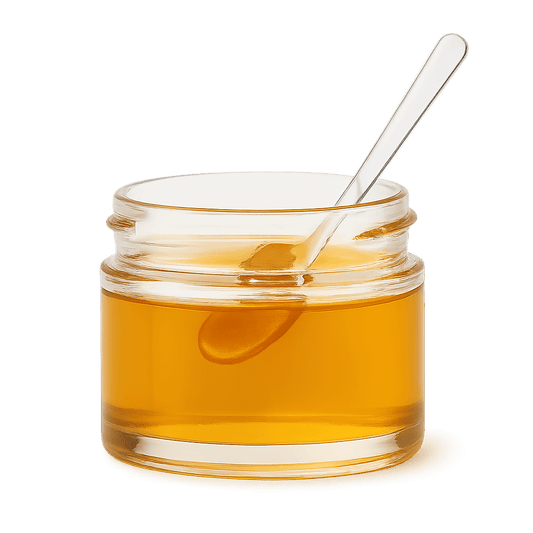Is Delta 8 THC Legal in Wisconsin?
YES - Delta 8 THC is Legal in Wisconsin
As of January 2024, Delta-8 THC is not explicitly illegal in Wisconsin. However, there are specific regulations around its use. For instance, driving or operating machinery under the influence of Delta-8 is a criminal offense, and possession of Delta-8 THC by individuals under twenty-one years of age is prohibited by Wisconsin state law. Hemp-derived Delta-8 THC is considered legal, allowing for the sale, use, and possession of products containing this cannabinoid without explicit restrictions. This aligns with the 2018 Farm Bill, which legalized hemp and hemp-derived products with a Delta-9 concentration of 0.3% or less, although it did not specifically address Delta 8.
Legal Status of Delta 8 in Wisconsin
To provide a more detailed explanation on the legality of Delta-8 THC in Wisconsin, let's delve into the specific sources, laws, and bills that govern its status:
-
Wisconsin Statutes: Delta 8 legality in Wisconsin is influenced by the state's interpretation of federal law, specifically the 2018 Farm Bill. The 2018 Farm Bill legalized hemp and all its derivatives, extracts, cannabinoids, isomers, acids, salts, and salts of isomers with a Delta-9 THC concentration of not more than 0.3 percent on a dry weight basis. Wisconsin adheres to this definition for hemp and extends legality to hemp-derived cannabinoids, including D8 THC, provided they meet this THC threshold. However, the state law clarifies that intoxicating substances, regardless of their source, are subject to regulation, and Delta-8 falls into a gray area where its psychoactive properties may attract scrutiny.
-
Driving Under Influence Laws: Specific to Delta-8, Wisconsin's statutes, such as Wis. Stat. § 346.63, make it illegal to operate a vehicle under the influence of any controlled substance, which includes intoxicating compounds like Delta 8 THC. This is part of the state's efforts to ensure public safety and prevent impaired driving.
-
Age Restrictions: Wisconsin law prohibits the sale of Delta-8 products to individuals under the age of 21, aligning with alcohol and tobacco sales regulations. This is outlined in the state's regulations concerning controlled substances and hemp-derived products, aiming to restrict access to potentially intoxicating substances to minors.
-
Federal and State Interpretations: The legal standing of D8 THC in Wisconsin also hinges on interpretations of federal and state laws. While the 2018 Farm Bill federally legalized hemp-derived products, it did not explicitly mention Delta 8 THC. This omission has led to varied interpretations by states. Wisconsin's approach has been to not explicitly ban Delta 8, provided it is derived from legally grown hemp and contains less than 0.3% Delta 9.
-
Regulatory Oversight: The Wisconsin Department of Agriculture, Trade and Consumer Protection (DATCP) oversees hemp production and product regulations within the state. The DATCP's guidelines are based on federal law and state statutes, which include oversight of hemp-derived products like Delta-8 THC for compliance with THC content and safety standards.
CHAPTER 94 - PLANT INDUSTRY
94.55 Hemp.
(1) Definition. In this section, “ hemp” means the plant Cannabis sativa L. and any part of that plant, including the seeds thereof and all derivatives, extracts, cannabinoids, isomers, acids, salts, and salts of isomers, whether growing or not, with a delta-9-tetrahydrocannabinol concentration of not more than 0.3 percent on a dry weight basis or the maximum concentration allowed under federal law up to 1 percent, whichever is greater, as tested using post-decarboxylation or other similarly reliable methods. “Hemp” does not include a prescription drug product that has been approved by the U.S. food and drug administration.
CHAPTER 961 - UNIFORM CONTROLLED SUBSTANCES ACT
961.01(14)
(14) “Marijuana” means all parts of the plants of the genus Cannabis, whether growing or not; the seeds thereof; the resin extracted from any part of the plant; and every compound, manufacture, salt, derivative, mixture or preparation of the plant, its seeds or resin, including tetrahydrocannabinols. “Marijuana” does include the mature stalks if mixed with other parts of the plant, but does not include fiber produced from the stalks, oil or cake made from the seeds of the plant, any other compound, manufacture, salt, derivative, mixture or preparation of the mature stalks (except the resin extracted therefrom), fiber, oil or cake or the sterilized seed of the plant which is incapable of germination. “Marijuana” does not include hemp, as defined in s. 94.55 (1).
961.14(4)(t)
(t) Tetrahydrocannabinols, commonly known as “THC”, in any form including tetrahydrocannabinols contained in marijuana, obtained from marijuana, or chemically synthesized,
except that tetrahydrocannabinols do not include any of the following:
1. Tetrahydrocannabinols contained in a cannabidiol product that is dispensed as provided in s. 961.38 (1n) (a) or that is possessed as provided in s. 961.32 (2m) (b).
2. Tetrahydrocannabinols contained in fiber produced from the stalks, oil or cake made from the seeds of a Cannabis plant, any other compound, manufacture, salt, derivative, mixture or preparation of the mature stalks (except the resin extracted therefrom), fiber, oil or cake or the sterilized seed of a Cannabis plant which is incapable of germination.
3. Tetrahydrocannabinols contained in hemp, as defined in s. 94.55 (1).
The legal landscape for Delta 8 THC in Wisconsin is complex and influenced by both state and federal laws. While Delta-8 derived from hemp appears to be legal under certain conditions, the state imposes regulations aimed at preventing impaired driving and restricting youth access. Consumers and businesses dealing with Delta-8 should stay informed about current laws and regulations to ensure compliance.
The information provided on this website does not, and is not intended to, constitute legal advice or any statements regarding the status of any laws. The information, content, and materials present on this site are for general informational purposes only and should not be relied upon for any specific purpose. Laws vary across different states and are subject to change. Therefore, information on this website might not reflect the most recent legal or other developments. Read our full legal disclaimer HERE.






